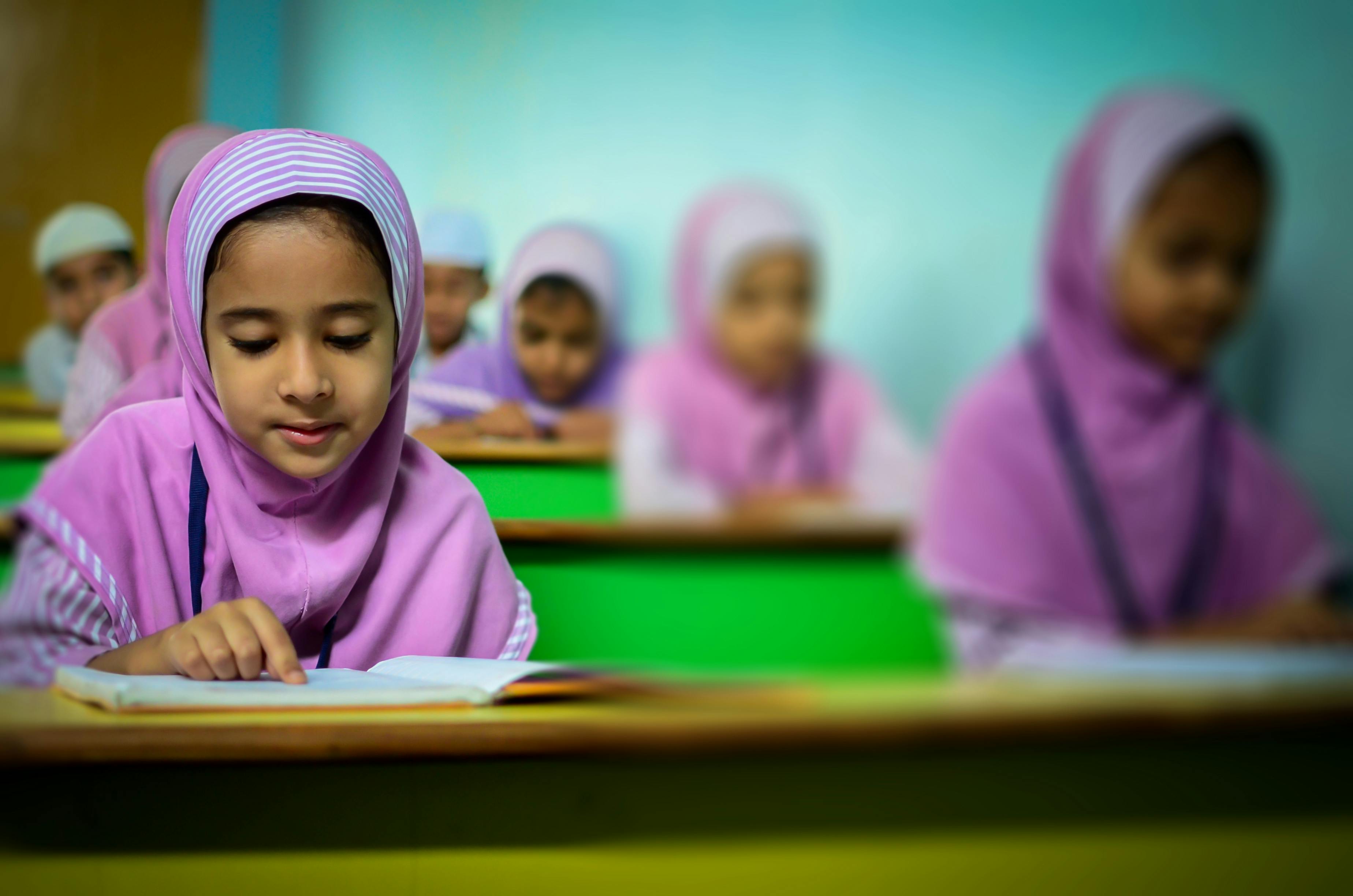Navigating the Innocent Corruption of Fitrah in Youth

The relationship between culture and Islam is a fascinating yet complex dynamic. While Islam offers a solid foundation of moral guidance and spiritual insight, culture encompasses a diverse range of practices and traditions that can sometimes diverge from Islamic teachings. This intersection presents a significant challenge: the innocent corruption of Fitrah, which begins in early childhood.
Fitrah, the innate disposition towards goodness that Allah instills in every human, is our guiding light. Yet, as children grow and engage with the cultural environment around them, their natural inclination towards virtue can be influenced by societal norms that may not align with Islamic principles.
From a young age, children are exposed to various cultural values, some of which might obscure the essence of their Fitrah. For instance, traditional gender roles or societal expectations can inadvertently overshadow the core teachings of compassion, empathy, and justice found in Islam. Additionally, the pressure to conform to these cultural norms can lead to a distortion of values, where external validation takes precedence over spiritual fulfillment.
In this context, the educational system plays a crucial role. While it imparts essential knowledge, it sometimes reinforces cultural biases that deviate from Islamic teachings. The focus on academic success can overshadow the cultivation of emotional intelligence and critical thinking—qualities that are vital for nurturing a healthy Fitrah.
To preserve the essence of Fitrah amidst these influences, we must create an environment where Islamic teachings serve as the foundation for our values. Parents, educators, and community leaders have a pivotal role in nurturing these principles from a young age, instilling a sense of moral integrity that resonates with both faith and character.
Having open conversations about the differences between cultural practices and Islamic values empowers individuals to navigate these complexities. By fostering a deep understanding of our faith, we can help the next generation maintain the purity of their Fitrah, guiding them towards a path of righteousness and spiritual enlightenment.
To navigate this journey effectively, it's important to embrace the richness of our cultural heritage while ensuring that our children's hearts remain firmly anchored in Islamic teachings. By fostering a supportive environment that values both faith and cultural identity, we can help our youth flourish in their understanding of Fitrah. Together, let’s nurture a generation that embodies compassion, integrity, and a deep connection to their spirituality, guiding them towards a path of righteousness and fulfillment in both their personal and communal lives.